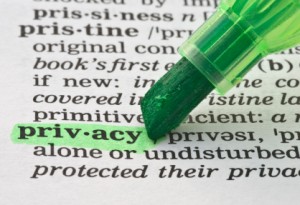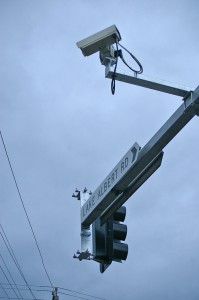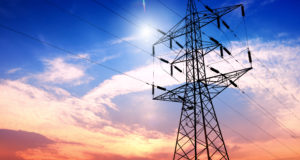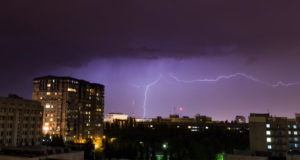 I can still remember when it first became possible to screen incoming phone calls and decide whether I wanted to answer them or not. The federal “do not call” list had not yet been invented and the phone frequently rang as many as half a dozen times a day. There were people I was happy to hear from, and then there were all the rest.
I can still remember when it first became possible to screen incoming phone calls and decide whether I wanted to answer them or not. The federal “do not call” list had not yet been invented and the phone frequently rang as many as half a dozen times a day. There were people I was happy to hear from, and then there were all the rest.
I debated long and hard before paying the extra charge which would allow me to know who was calling. Finally we reached the breaking point of interrupted dinner hours and squelched moments of relaxation amid a hectic life and forked over the money to end the intrusions. At least we could now determine which calls were not coming from a family member or friend who needed to reach us in a hurry. The additional fee for a “Privacy Manager”; was infuriating, but deemed necessary.
Alas, it was only the beginning of the now almost never-ending quest for peace and privacy. We have long since ceased to be surprised by tales of identity theft, often “inside jobs”; by people we were supposed to be able to trust with our personal information like employers, banks or even the postal delivery person carrying first class mail. Dutifully, we parse every bit of information we must divulge in order to do business in modern times, or take for granted that we frequently converse online with people using made up names and act accordingly. Gosh, I have several “screen names”; myself and I don’t do anything creepy or dishonest.
Gradually, we have come to accept that our internet service providers, search engines and various websites that we really enjoy using all invade our privacy to some degree, even when it is fully disclosed or done relatively harmlessly, and solely, to “provide a better navigating experience”
We have gone from wondering if we were being spied on, and wondering if we should worry about ourselves for thinking people were spying on us, to knowing that we are spied on constantly. Major traffic intersection cameras and all manner of other public and private security systems snap our pictures relentlessly as we engage in such subversive activities as picking up a jug of milk or loaf of bread, selecting a tube of toothpaste or filling our gas tanks.
During the endless wrangling and debate we witness on TV, as people cuss and discuss what form of government healthcare takeover will prevail, it’s hard to find anyone even objecting to the Obama administration’s pledge to make it all more efficient simply by putting all of our private health information online. Given the propensity of so many people to tell all on reality TV shows, I suppose it is just plain old-fashioned to think that some things are still, or should be, private matters.

Perhaps it’s also silly to think that it is no one else’s business whether I prefer radio to television, like to leave on a small night light by the steps or heat water for tea in a kettle or in the microwave. It’s one thing to disclose personal details willingly or even rather grudgingly using a grocery discount card, but quite another to have spying devices embedded in services that most people are forced to buy, like electricity.
Oh… didn’t you realize that the electric company, and by proxy, the government, is already monitoring what you use, when you use it, how often you use it, and how your usage compares to what they consider ‘appropriate’?
New ‘smart meters’ do just that. These meters no longer simply calculate your usage so the company can generate your bill, they track and report on all manner of things not related to how much you consume. The electric company will be able to report to the environmental high priests and priestesses in government whether you’re running your TV too often, or whether you have too many computers on in your home, or whether your washer and dryer are not efficient enough.
Of course, we are told, it is all for our own good and here is your “smart meter” whether you like it or not. After all, how else can the global warming fanatics be sure that we are not using an incandescent light bulb in our favorite reading light or destroying the earth by washing a load of really dirty laundry in warm rather than cold water?
For the moment, the snooping level on most of these devices is limited to keeping track of how much energy is being used and when, although even this is being used as an excuse to raise prices and permit energy providers to set limits for “baseline usage” or charge more for energy consumed during certain times of the day, as well as to dial back or shut down the power available to consumers at will. What next? I imagine a sleepy person flipping on the alarm clock, flipping off the light and scraping themselves off the ceiling after the smoke detector starts singing, “Good Night Irene.” Is there a privacy manager for that?
 Off The Grid News Better Ideas For Off The Grid Living
Off The Grid News Better Ideas For Off The Grid Living



